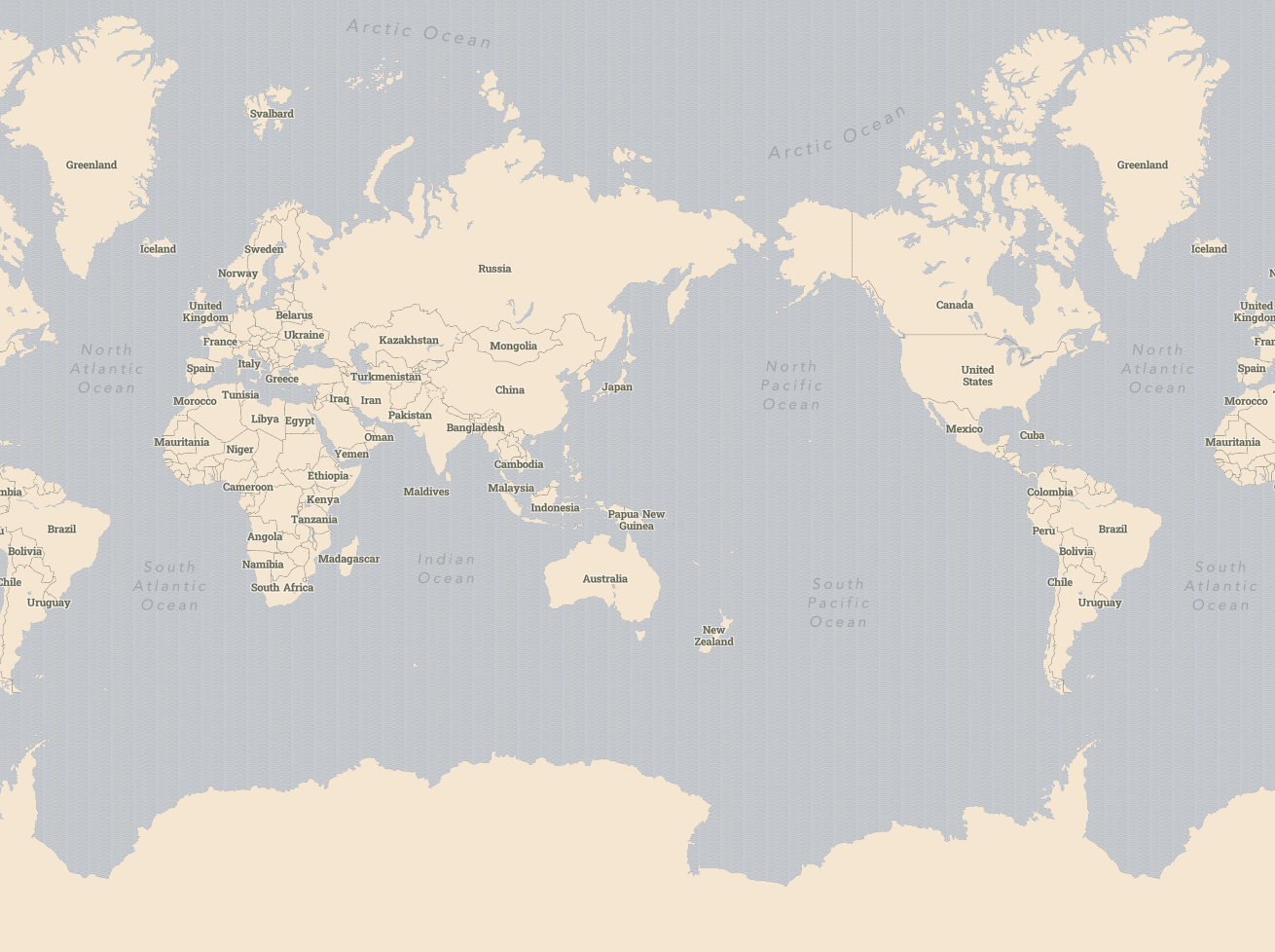
For all people; for humanity
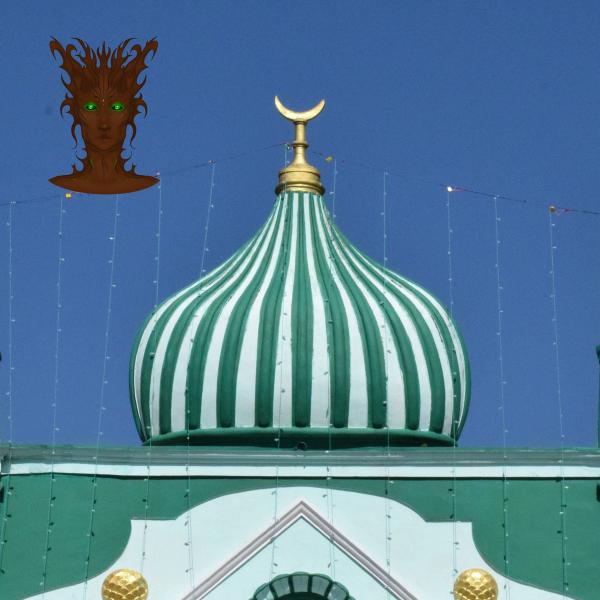
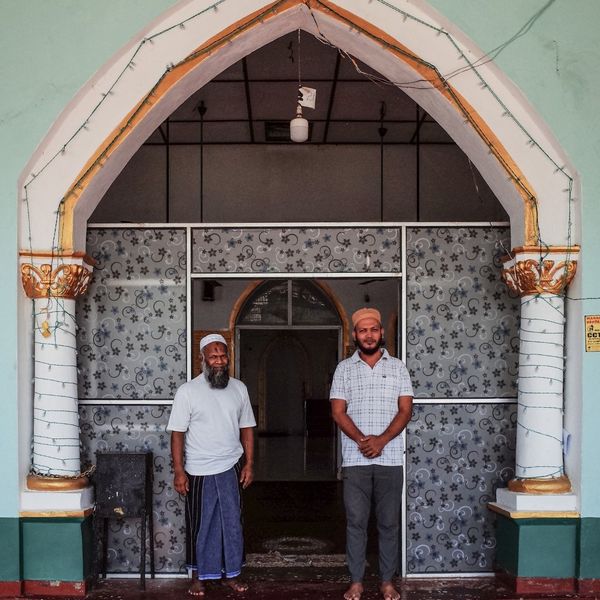
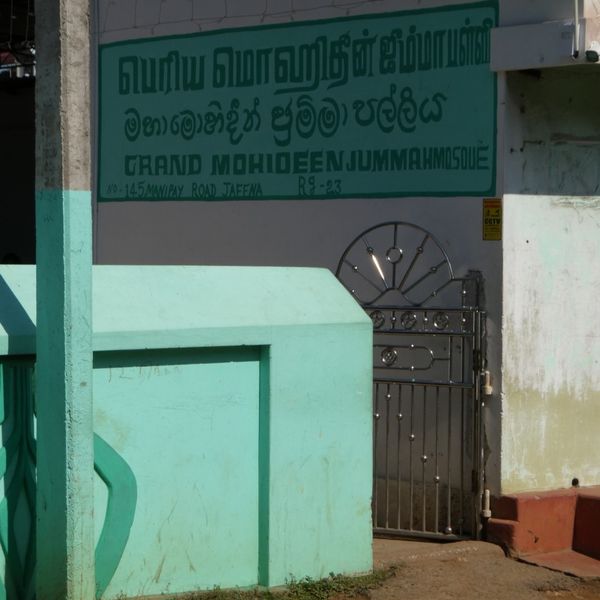
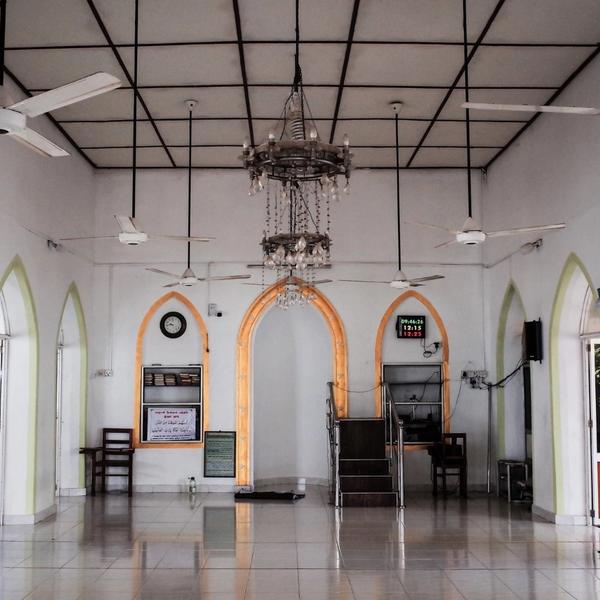
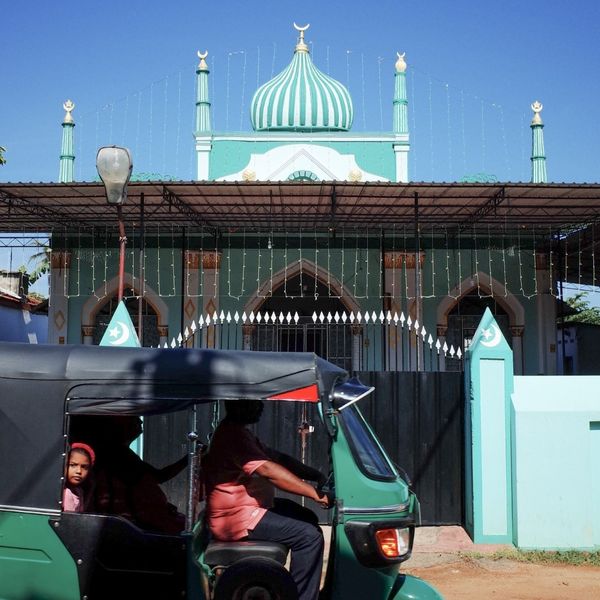
- Jaffna-Manipay-Karainagar Rd, Manipay, Jaffna 40000
- Open daily 24/7

Curiosity mingled with reverence as I ventured deeper into the mosque, eager to learn more about its history and significance. It was here that I encountered a man whose presence seemed to radiate wisdom and compassion. Engaging him in conversation, I discovered that he was an English teacher who had come from Gandhi to Jaffna to work for the Muslim community.
Muslim influence
The mosque stands as a testament and a beacon of faith to the enduring presence of the Muslim community in Jaffna.
Curiosity mingled with reverence as I ventured deeper into the mosque, eager to learn more about its history and significance. It was here that I encountered a man whose presence seemed to radiate wisdom and compassion. Engaging him in conversation, I discovered that he was an English teacher who had come from Gandhi to Jaffna to work for the Muslim community.
As we spoke, he shared with me the remarkable journey of the Muslim community in Jaffna. He traced it back to the thriving maritime trade networks that connected the Indian subcontinent with the Arabian Peninsula, Persia, and beyond. Originating from diverse backgrounds, they had come together to carve out a place for themselves in this bustling city, facing adversity with resilience and determination.
Like many places of worship in the region, alongside the Buddhist temple Sri Ngavihara, the mosque endured the ravages of the civil war, bearing witness to the destruction and upheaval that swept through the land.
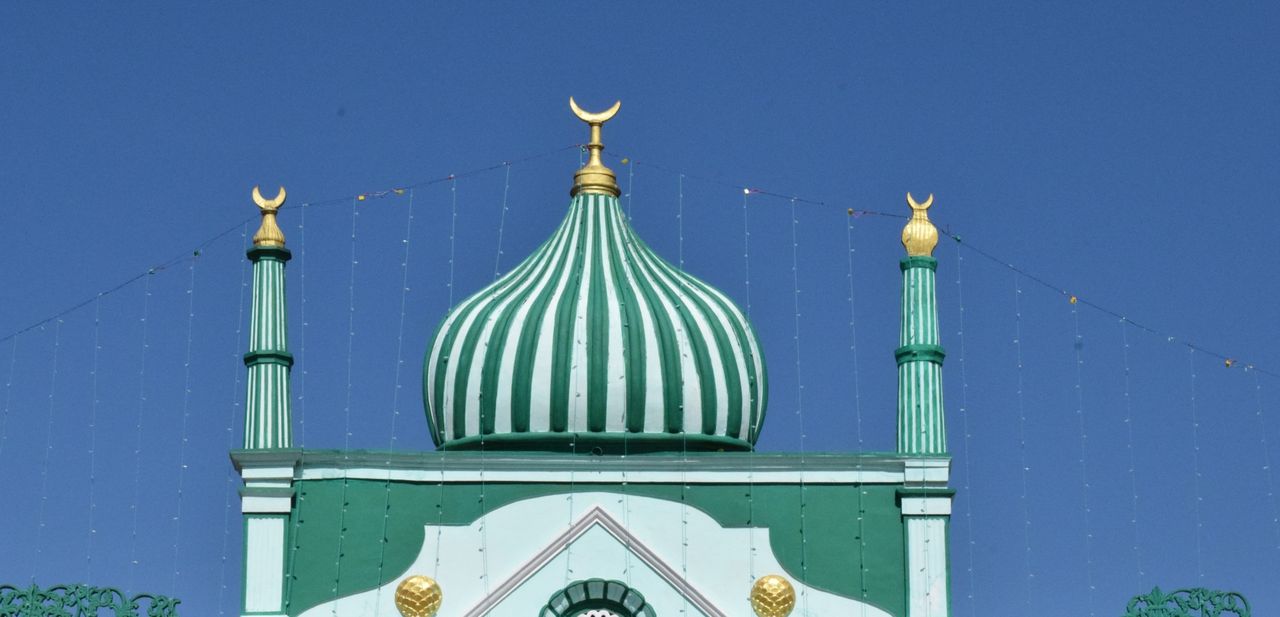
Sacred Ramadan
As it happened that my journey was during Ramadan, a man told me about one of the traditions of this holy month, the observance of Iftar. It is when Muslims observe daily fasting for a month. It is believed to purify the soul, cultivate self-discipline, and increase empathy towards those who are less fortunate.
"As the sun dipped below the horizon, signalling the end of the day's fast, the community would come together to eat dates, a symbolic gesture of breaking the fast by Islamic tradition," the man told me.
The palm date tree holds special significance for the Muslim community, serving as a tangible reminder of their faith and heritage, as the Prophet Muhammad considered dates to be a superior fruit and encouraged people to break their fasts with them to replenish lost nutrients.
Leaving the temple, I thanked the man for our conversation, in response to which he told me:
I want to do social work after my degree. Not only to help people in the faith of Islam but for all people – for humanity.”
